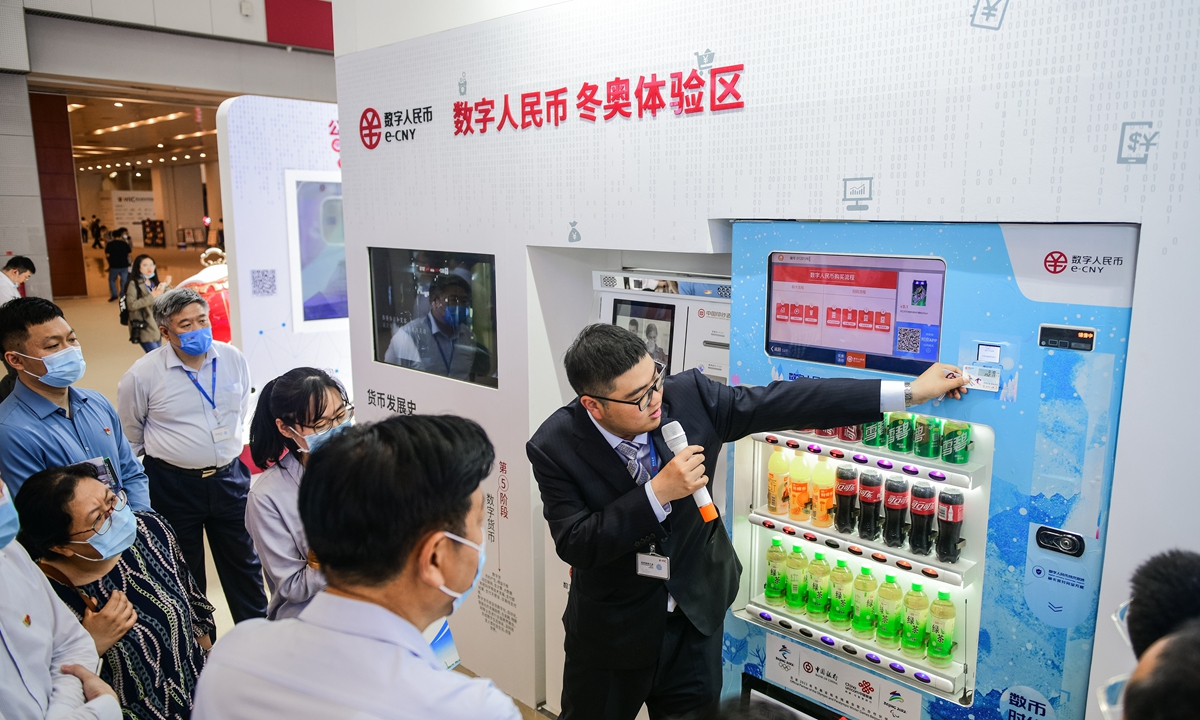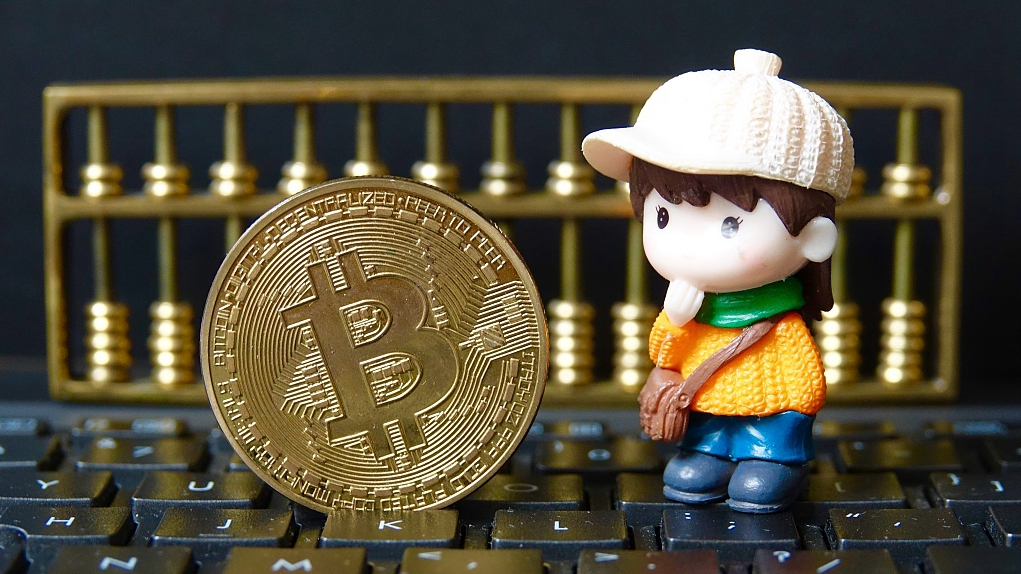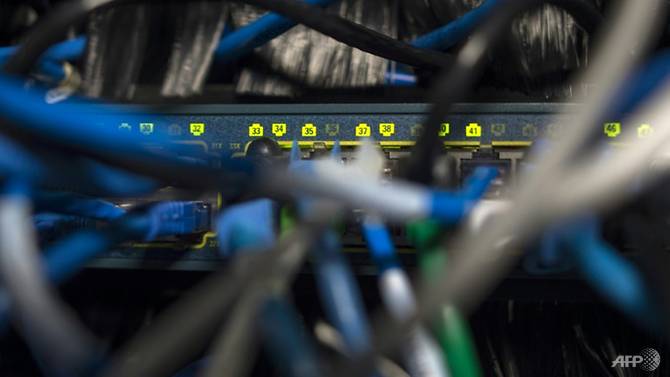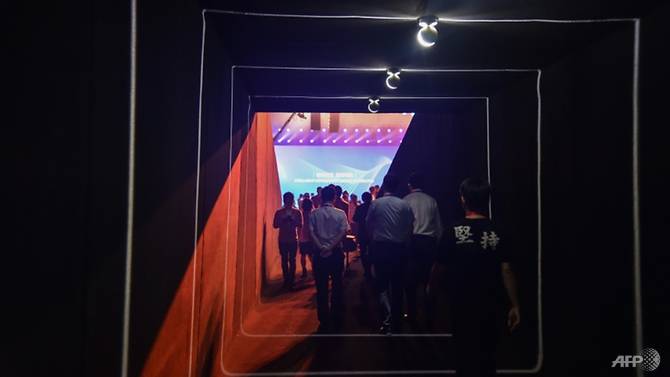Technology supporting cryptocurrencies is used in the real world for drug trafficking, human trafficking, sexual exploitation and smuggling of goods
Cryptocurrencies that emphasise anonymity and encryption are frequently used by criminals
USING state-of-the-art technology to support cryptocurrencies is a double-edged sword. It facilitates cross-border payments and remittances as well as financial inclusion for the underbanked or unbanked but is increasingly used for criminal activities.
It is used in the real world for drug trafficking, human trafficking, sexual exploitation and smuggling of goods, rather than just cybercrime like ransomware attacks.
According to a European Union Agency for Law Enforcement Cooperation (Europol) report in 2022, cryptocurrencies are being used for all types of crime requiring financial transmissions, the scale of which is difficult to estimate. Europol noted that criminals have also become more sophisticated in using cryptocurrencies to in complex money-laundering schemes.
Both Europol and the Basel Institute on Governance, which also published a report in 2022, point to the rapid progress of technologies involving cryptocurrencies and the challenges governments have in keeping up through legislation and law enforcement or the need to develop and adapt through investigative technologies and techniques.
It is only now that anti-money laundering (AML) and know-your-customer (KYC) processes common in transactions involving fiat money are starting to take into account cryptocurrency transactions.
Bank Negara and the Securities Commission (SC) have guidelines for cryptocurrencies and have hired specialists to monitor or regulate them. Now, the Malaysian Anti-corruption Commission (MACC) is looking at raising the capabilities of its officers who address cases in which cryptocurrencies are used to conceal financial trails.
The move involves further specialised training as well as acquiring advanced technology and equipment. In Malaysia, people can own cryptocurrencies and they can be traded on licensed digital exchanges, but are not considered legal tender.
Some say that the MACC is late to the game as the police already have the capabilities through the Kuala Lumpur-based Cryptocurrency Analysis Laboratory, which was jointly opened with the United Nations Office on Drugs and Crime in 2022. It is the first such laboratory in South-east Asia.
In fact, a series of fraud or scams leveraging cryptocurrencies have been crippled through this crime laboratory capability going from past news reports.
Also, Bank Negara and the SC have been exploring solutions for the past year or two.
A lawyer specialising in cryptocurrency projects shares that its basically track-and-trace to follow the money trail through the blockchain, which is essentially a digital ledger where all transactions are recorded and confirmed. Unlike cash, cryptocurrency transactions are highly traceable from start to finish, and with the right tools, can be mapped out how illicit funds have moved and how they are being funnelled.
When these tools acquire more data, they can also flag out wallet addresses that have been sanctioned or linked to illegal sources, which means authorities will also know whether the funds are tainted.
Compared with the banking system, tracing funds through the blockchain’s public digital ledger is easier, even when these funds cross borders.
According to the lawyer, the police can easily trace illicit fund flows even if a circuitous route is used. Banks have limited tracing ability and cooperation of foreign correspondent banks and law enforcement will be needed once funds cross borders.
Banking laws in other countries may differ pertaining to privacy and disclosure and in most cases, a court order is needed to request information.
There is a need to better understand altcoins such as privacy coins, as these cryptocurrencies that emphasise anonymity and encryption are frequently used by criminals.
There are many privacy coins including Monero, Dash and Zcash but Monero seems to be the cryptocurrency of choice among criminals. They work by enabling anonymous transactions through obscuring both sender and receiver addresses.
What makes them even more useful is that the transaction amounts are also hidden through the use of an obfuscated public ledger specifically for privacy.
The MACC as well as other law enforcement agencies will have to equip themselves with the right tools and know-how to confront these challenges.
Europol describes it thus: “Often illicit funds do not flow straight from wallet to wallet. They instead travel through a multi-step process involving different financial entities, many of which are novel and are not yet part of standardised, regulated financial payment markets.
“Obfuscation methods and other countermeasures continue to be developed and used by criminals.”
Other methods used by criminals include over-the-counter trading in which tracing the trade is almost impossible. Initially used for smaller transactions, there are signs that it is now being used for much bigger ones.
The enormity of the challenges confronting law enforcement agencies such as the MACC is that privacy coins are hard to track as most have been delisted by cryptocurrency exchanges under pressure from governments and no one knows how prevalent the use of these coins is.
Criminal networks often use unlicensed exchanges with looser AML and KYC processes, enabling transactions that involve a complex series of steps to throw off authorities, before eventually being traded for fiat currency.



































